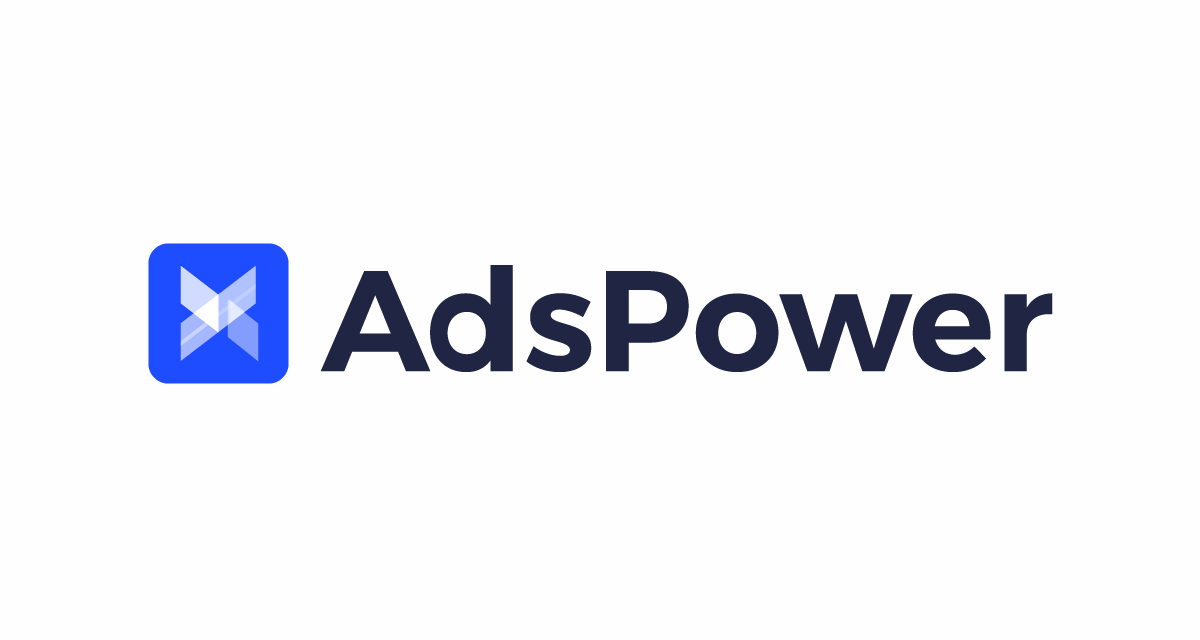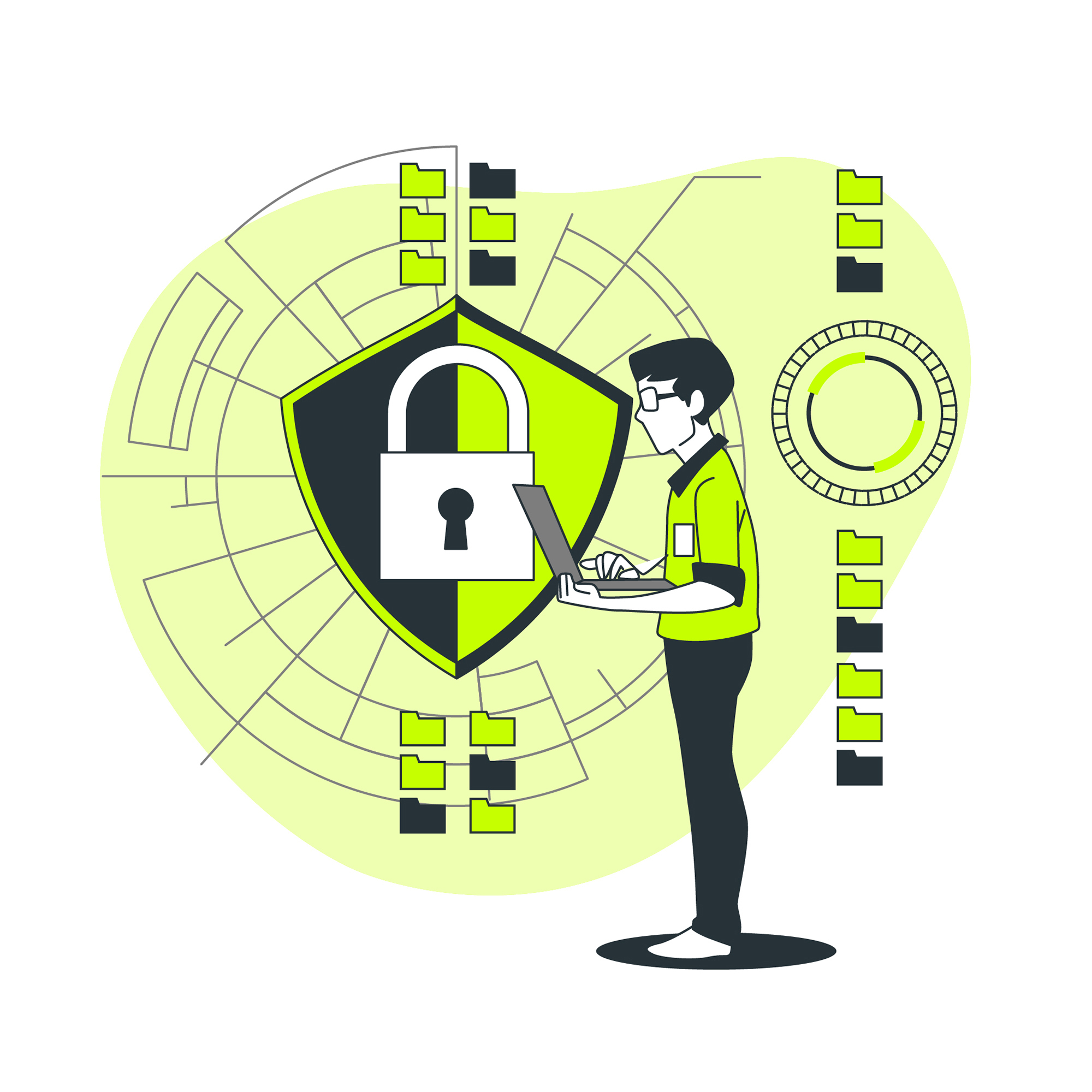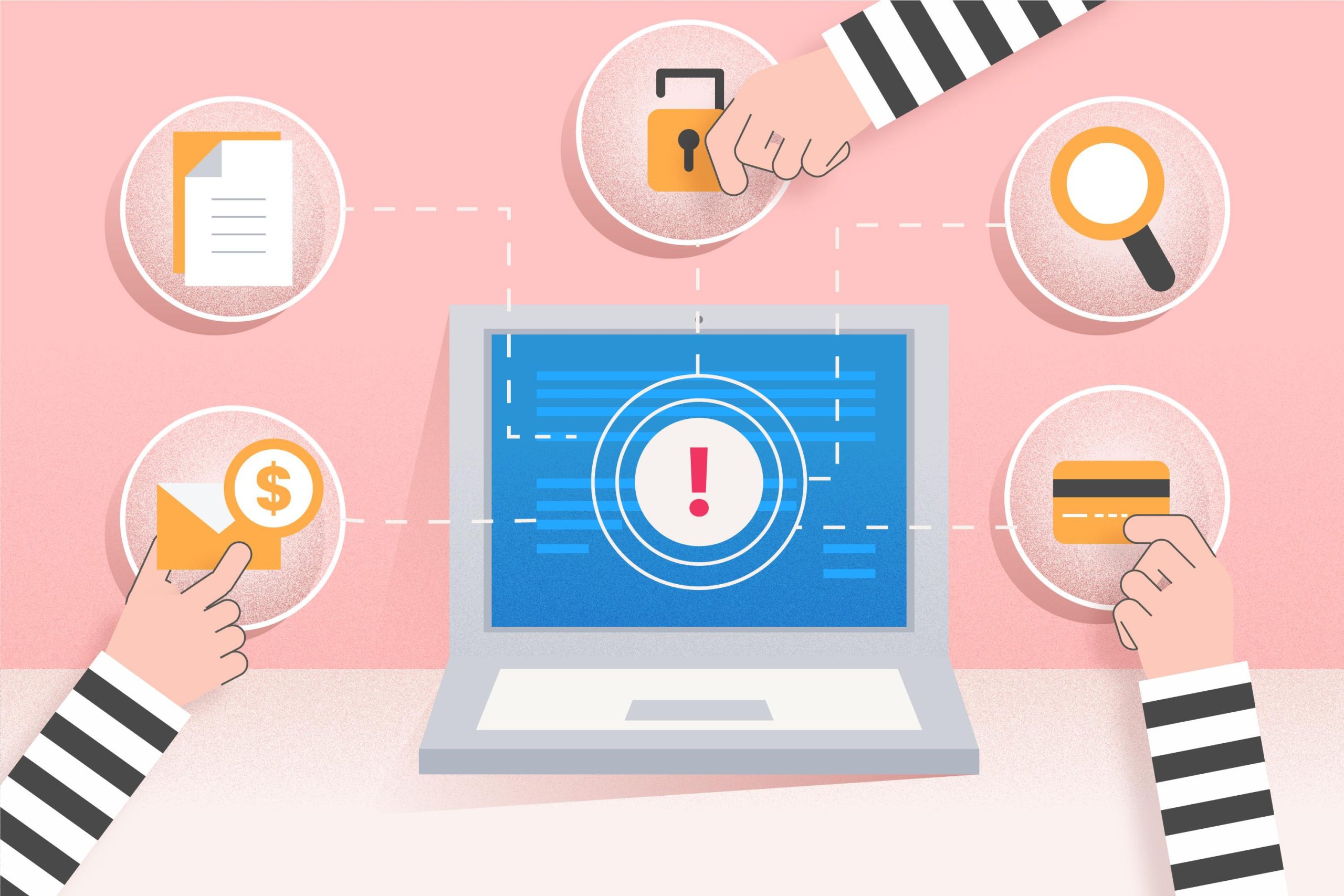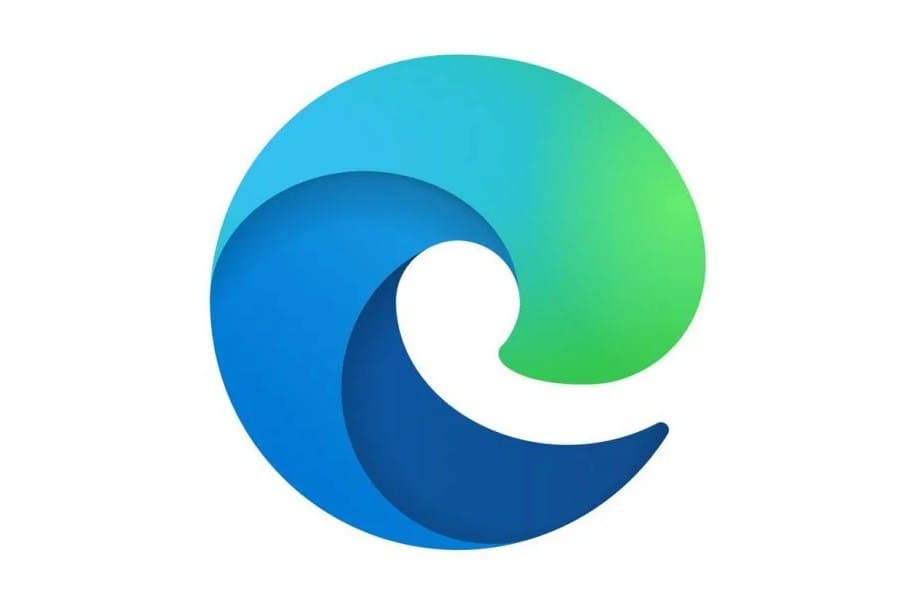
Web scraping is like copying information from someone else’s website manually, only automatically. But is it legal? In the age of big data and automation, this question is being asked more and more often. Companies analyze competitors, track prices, collect reviews — and often do so through automated data collection. But where is the line between analytics and breaking the law?
This article will help you understand whether web scraping is legal or not, what the legal aspects of its use are, and what tools you should use to collect information legally and safely. We will also look at the role of mobile proxy services in this process and how they help avoid blocking.
What is web scraping and how does it work?
Web scraping is an automated method of extracting data from web pages. It is usually implemented using scripts or specialized programs that “read” the HTML structure of websites and “extract” the necessary information: texts, prices, images, reviews, and so on.
The principle is simple: the script imitates user actions — it sends a request to the page, downloads its code, and extracts the necessary fragments. It is important to understand that scraping does not hack the site or gain access to confidential data — it works with open, public information. And here lies the main dilemma: the legality of web scraping depends on how and why you do it.
Mobile proxy services are often used for stable and “invisible” data collection — they help bypass restrictions, hide IP addresses, and simulate the behavior of real users. This is especially important if you work with large websites that have protective filters against bots.
Is web scraping legal: key legal aspects
The legality of web scraping has long gone beyond narrow discussions. Today, it is discussed by lawyers, marketers, developers, and SEO specialists alike. The fact is that the legal aspects of web scraping depend on many factors: the country, the purpose of data collection, the source of information, the terms of use of the website, and even the behavior of the bot.
In some cases, when web scraping is prohibited, it is equated with copyright infringement, in others — with a violation of the terms of the user agreement. There are precedents when companies have filed lawsuits against scrapers, but there have also been cases when the court sided with data collectors, especially if they used publicly available information.
For safe analysis, it is worth using proxies for web surfing, which ensure anonymity and help comply with the request limits set by the site.
When is web scraping allowed?
Web scraping is permitted in the following cases:
- the data is publicly available without authorization;
- there is no explicit prohibition in robots.txt or in the user agreement;
- the collection of information does not violate copyright and is not used for commercial purposes without the consent of the copyright holder;
- the bot behaves ethically — it does not overload the server and operates within reasonable request frequencies.
If you analyze market trends, track price changes, or monitor reviews — and do so in compliance with technical and legal rules — then such actions are generally considered to be in a “gray area” but not a direct violation.
When is web scraping prohibited?
Web scraping may be considered illegal if:
- the terms of use of the website are violated (especially if they explicitly prohibit automatic data collection);
- security measures are circumvented (e.g., passwords or captchas);
- personal data of users is scraped (e.g., email addresses, phone numbers);
- copyrighted content is used without the permission of the copyright holder;
- the bot behaves aggressively: too frequent requests, server overload.
In some countries, such as the US, there have already been court cases where web scraping has been interpreted as a violation of the Computer Fraud and Abuse Act (CFAA). This is especially true when attempts were made to circumvent restrictions or use data to the detriment of the website owner.

Web scraping and copyright: what is important to know?
One of the most pressing issues related to web scraping remains the observance of intellectual property rights. Even if data is publicly available, this does not mean that you can use it freely, especially for commercial purposes. This is where the fine line between permissible information gathering and outright violation of the law begins.
If you are seriously considering whether you can use web scraping without permission, the answer will depend on the nature of the data and the purpose for which it will be used.
Use of publicly available data
Many people believe that if a page is not password-protected, the data can be scraped without restriction. This is not entirely true.
Web scraping of publicly available data is permitted if:
- it is not protected by copyright (e.g., open directories, stock prices, metadata);
- the terms of use of the site are not violated (in some cases, scraping is prohibited even for open content);
- the information is not a unique creative product (e.g., article texts, product descriptions, original photographs).
Even when working with such sources, it is recommended to use proxies for software to avoid violating request limits and getting blocked.
Intellectual property infringement
Who prohibits web scraping? First and foremost, website owners through user agreements, and in the case of copyright, legislation. This is when the risk arises:
- you collect copyrighted material (text, images, videos);
- you use it without permission or a license;
- distribute or sell the information obtained.
Even automated text downloading from a news site or online store can be considered a violation of intellectual property rights if the agreement prohibits such activity.
This is especially important when scraping is used on a large scale in commercial projects. Protection against such risks involves not only the correct use of proxies, but also a clear understanding of what data can and cannot be taken.
What laws regulate web scraping in different countries?
The legality of web scraping largely depends on the jurisdiction. Some countries have strict data protection laws, while others focus on copyright and website terms of use. To avoid legal consequences, it is important to understand where and how liability for illegal web scraping is regulated.
The US and court rulings on web scraping
In the United States, the legal regulation of web scraping is primarily based on case law. One of the most famous precedents was the HiQ Labs v. LinkedIn lawsuit, where the court ruled that collecting publicly available information does not violate the federal Computer Fraud and Abuse Act (CFAA) if the scraping does not violate protections against unauthorized access.
However, even in the US, the rules for using web scraping can vary depending on the terms and conditions of a particular website. Violating the Terms of Service can lead to civil lawsuits and, in the case of sensitive data collection, criminal liability.
Web scraping in Europe: GDPR and data protection
In EU countries, the General Data Protection Regulation (GDPR) serves as the main guideline for anyone working with data. Even if information is publicly available, its automated collection, storage, and use must comply with the following principles:
- transparency;
- minimization;
- lawfulness of processing purposes.
The GDPR introduces strict restrictions on the processing of personal data without the consent of the owners. Violation of these rules can result in fines of millions of dollars. Therefore, when working in Europe, it is extremely important to use a secure proxy for social networks and other resources, as well as to obtain legal advice.
Data collection legislation
In addition to the US and the EU, other countries also have their own specific features:
- China has a Data Security Law that strictly limits the collection of information, especially from abroad.
- Brazil has adopted the LGPD, which is similar to the European GDPR.
- In Canada, the PIPEDA law regulates the use of personal data and requires transparency in the actions of companies.
In practice, this means that there are no universal rules for using web scraping — each country has its own requirements and restrictions. When working in international markets, it is necessary to take into account all the nuances: from local legislation to the technical implementation of data collection.
Can web scraping be used without permission?
This is one of the most controversial issues in the field of automated data collection. The answer depends on many factors: from the type of data and jurisdiction to how exactly the scraping is performed. From a technical point of view, is web scraping legal? Often, yes. From a legal point of view, it’s not that simple.
When is permission required?
If you are parsing data that is publicly available and not protected by copyright, in most cases this is considered acceptable. However, permission for web scraping may be required in the following cases:
- The website explicitly prohibits automated data collection in its Terms of Service.
- The information is personal data (e.g., email addresses, phone numbers, user profiles).
- Restricted sections of the website are used or an authorization system is bypassed.
- Scraping is done for commercial purposes and there is a risk of intellectual property rights infringement.
How to obtain permission for web scraping? For example, if you are collecting data from eCommerce platforms, it makes sense to clarify the access rules. Some marketplaces (such as Amazon) prohibit the mass collection of prices and product listings — this can result in blocking or even a lawsuit. To work safely with such sites, use proxies for parsing eCommerce data, which help bypass restrictions and avoid instant blocking.
How to avoid legal risks?
Here are a few strategies to help reduce risks:
- Read the site’s terms of use. Even if the data is public, that doesn’t mean you’re automatically allowed to copy it en masse.
- Follow the robots.txt rules. This file on the server specifies which sections of the site can be indexed or scraped.
- Anonymize traffic using a proxy, especially if you are working with foreign resources. For example, mobile or rotating proxies reduce the likelihood of being blocked and make the data collection process less aggressive.
- Minimize the load on the server: limit the frequency of requests and avoid scanning the entire site at once.
- Store only the information you need and do not transfer it to third parties without consent, especially if it is personal data.
So, is web scraping legal or not? The legality of its use depends not on the technology, but on the purpose, context, and compliance with the rules. If done thoughtfully and ethically, scraping can be a powerful but safe tool.
Key risks and liability for illegal web scraping
Although web scraping is a powerful tool for extracting data, its use without proper control can lead to serious legal consequences. Unauthorized data collection will result in access being blocked, fines, and in some cases, criminal charges.
Case law and high-profile cases
There are several landmark court cases that clearly demonstrate the consequences of illegal web scraping. One of the most famous is LinkedIn vs. hiQ Labs, where the social network sued a startup that used web scraping to analyze public profiles. Ultimately, the court ruled that collecting public data from LinkedIn profiles without user consent violated the terms of use and could harm the company.
Another notable example is Amazon vs. New York law firm, where lawyers used automated data collection from trading platforms, which violated their terms of service. The legal proceedings ended with fines and the cessation of the practice of using bots for scraping.
These cases highlight the importance of complying with legal regulations when using scraping. In most cases, even collecting publicly available data without permission can lead to legal consequences if it violates the terms of use.
Consequences of violating the rules
When web scraping is performed without permission, the consequences can be serious and varied:
Blocking access to the website. The most common and obvious risk. Most websites use systems to detect and block bots, which can result in loss of access to important data.
Penalties and legal proceedings. Violation of intellectual property rights and terms of use may result in penalties, compensation, and legal costs. For example, Google and Amazon actively combat automatic data collection through legal measures.
Criminal penalties. In some countries, violating data collection laws may be classified as a criminal offense if it involves theft of information or damage to a business.
To minimize risks, it is important to use tools that allow you to bypass restrictions without breaking the law. For example, you can use a proxy for software to anonymize traffic, which reduces the likelihood of being blocked and allows you to work with large amounts of data without violating the rules.
Thus, the proper use of web scraping is not only a matter of technology, but also of ethics and legal norms.

How to use web scraping legally?
Web scraping can be a powerful tool for gathering information from the internet, but to avoid legal issues, it is important to use it correctly and within the law. Complying with website terms of use and following best practices for legal data collection is essential for the safe and effective use of this tool.
Compliance with website terms of use
Before you start web scraping, it is always a good idea to review the terms of use of the websites from which you plan to collect data. These terms may contain important information regarding restrictions on data collection, including the use of automated parsing systems. Most large websites (such as Facebook, LinkedIn, Amazon) have clear rules prohibiting the use of bots and scraping scripts.
The terms of use state that collecting data through automated systems without permission may result in blocked access to the website, legal action, or fines. This is an important point to consider before you start scraping. Violating these terms can lead to lawsuits and even penalties.
How to avoid violating the terms:
- Read and analyze the privacy policy and terms of use of the website before you start working.
- Consult a lawyer if you are unsure about the legality of your actions.
- Obtain permission from the website owners if possible.
It is also worth remembering that automatic data collection from some websites may violate not only the terms of use, but also intellectual property and personal data protection laws, such as GDPR in Europe.
Best practices for legal data collection
Although using web scraping without permission can lead to legal risks, there are practices that can help you stay within the law.
Using publicly available data
There is a certain category of data that can be collected without breaking the law if it is publicly available. This includes:
- Open government data (e.g., statistics, research, reports).
- Public social media profiles (if permitted by the site’s policy).
- Open databases, such as directories, lists of products and services, reports.
However, it is important to remember that even if data is available for public viewing, this does not give you the right to collect and use it without restrictions.
One of the safest ways to avoid legal issues is to obtain explicit permission from the website owner to use their data. This can be in the form of a letter or a formal agreement stating that you are allowed to collect and use the website’s data. This approach not only minimizes risks, but is also often used by large companies for long-term partnership agreements.
Using APIs
Many websites and companies offer APIs (Application Programming Interfaces) that allow you to safely and legally collect data from their platforms. APIs usually provide structured data, which avoids many legal issues associated with unauthorized parsing. It is important to comply with the terms of use of the API and not exceed the limits on the number of requests.
Limiting the amount of data
If you need to collect data from commercial websites, it is important to control the volume of requests. Some websites limit the number of requests allowed per unit of time. Load balancing and request frequency management will help you avoid being blocked.
Using proxy servers
To minimize the risk of requests being blocked and to mask the source of traffic, you can use proxy servers. They allow you to distribute requests across multiple IP addresses, reducing the likelihood that the website will detect suspicious activity. It is important to use proxies for eCommerce data parsing, as they allow you to work with multiple requests without violating the site’s terms of use.
Compliance with personal data protection laws
When collecting data from websites, you must also comply with personal data protection laws, such as GDPR in Europe or CCPA in California. This includes rules on how you can process, store, and use users’ personal data. If you are collecting material that may contain personal information, be sure to review the relevant legislation and ensure that your actions comply with these regulations.
Conclusion
Web scraping can be an extremely useful tool for data collection, but it is important to be aware of the legal aspects of its use. Compliance with website scraping terms, data protection laws, and the use of APIs and legal proxy services will help you avoid unpleasant consequences. By following best practices and complying with legal requirements, you can effectively collect data without breaking the law.
Web scraping is an effective tool, but its use must be strictly regulated and legally safe. Whether you are collecting data for analysis, research, or marketing, following legal regulations and ethical standards will help you minimize risks and establish effective data management practices.









